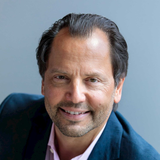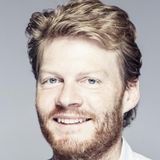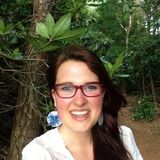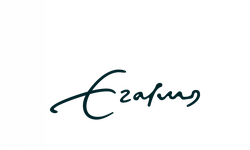This week we focus on the practical side of a new, different capitalism, and discuss the viability of new market practices. Many ideas regarding starting a new market economy have already been developed. How can these practices – both in businesses and the financial sector – be embedded in current-day market systems? What are obstacles that hinder the process towards a just transition? And what role can the EU play in this regard? These questions – and more – will be discussed with economists Luigi Zingales and Christian Felber.


About the speakers
Christian Felber is the founder of the The Economy For The Common Good, based in Austria. The organization is a movement uniting over 10,000 supporters in 40 nations and backed by 3,000 companies whose mission is to eliminate the fundamental contradiction between business values and social well-being. Felber is the author of 15 books, including, most recently, Change Everything: Creating an Economy For The Common Good. He has lecturered at several universities and is currently Affiliate Scholar at the IASS Potsdam.
Luigi Zingales co-developed the Financial Trust Index, which is designed to monitor the level of trust that Americans have toward their financial system. In addition to being Professor of Finance at Chicago Booth School of Business, Zingales is currently a faculty research fellow for the National Bureau of Economic Research, a research fellow for the Center for Economic Policy Research, and a fellow of the European Governance Institute. He is also an editorialist for Il Sole 24 Ore, the Italian equivalent of the Financial Times. In 2014 he was the President of the American Finance Association and in July 2015 he became the director of the Stigler Centerat the University of Chicago. His latest book is, “A Capitalism for the People: Recapturing the Lost Genius of American Prosperity”.
About the series

In A Capitalism for the People, Zingales warns that the U.S. economy risks deteriorating into a pro-business system run by corrupt politicians, rather than a pro-market system that serves the people. Presenting a real-world blueprint to restore true competition to our economic system, Zingales gives hope that the U.S. can rebound to greatness.

Is it possible for businesses to have a bottom line that is not profit and endless growth, but human dignity, justice, sustainability and democracy? Or an alternative economic model that is untainted by the greed and crises of current financial systems? Christian Felber says it is. Moreover, in Change Everything he shows us how.

Towards a new market economy in Europe for future generations.












